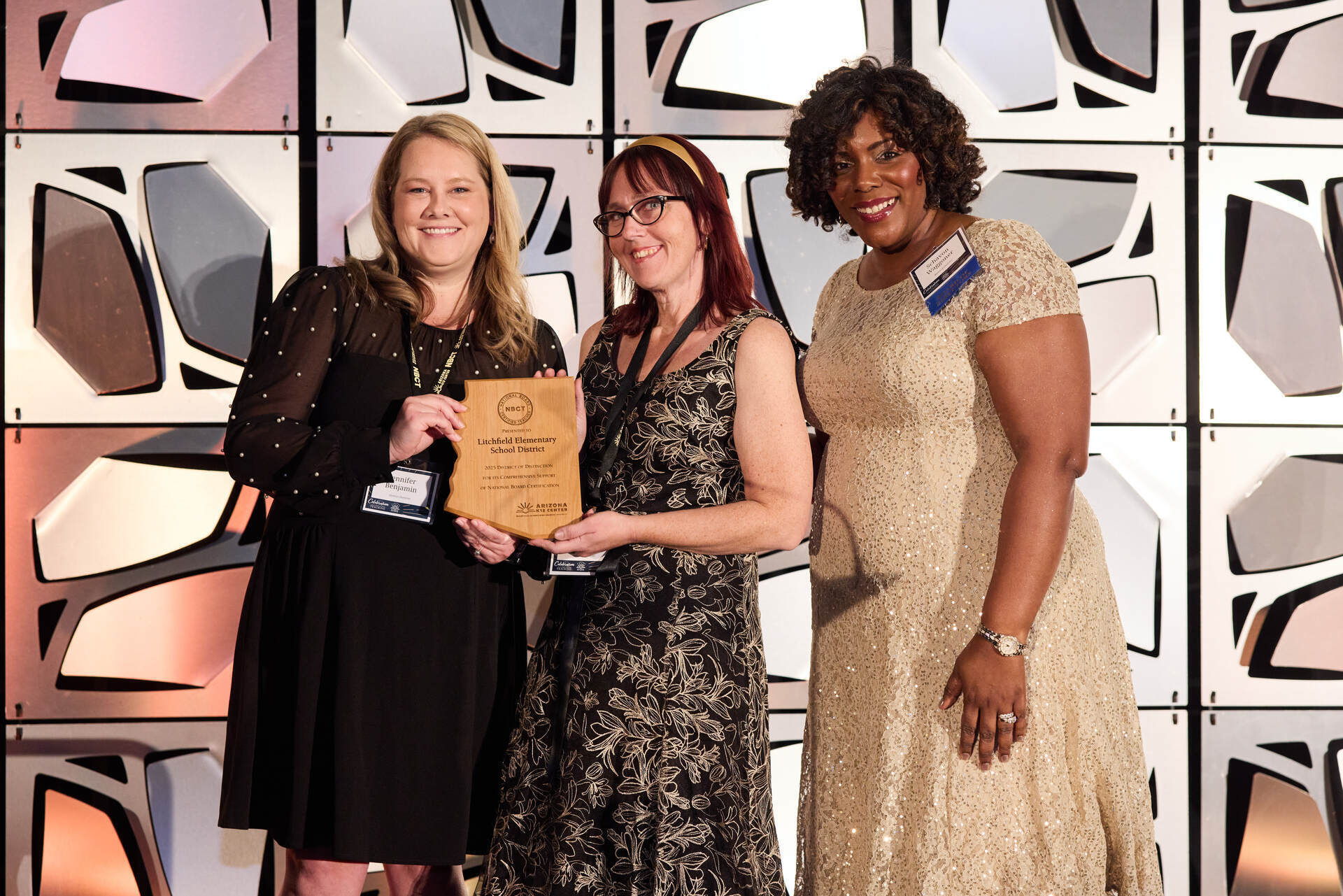May 10, 2018
Your #PitchPerfect Students
Discover why you should teach your students how to pitch like a pro.
We always want our students to have great real-world experiences in front of an audience. Often, though, they don’t get the chance until they’re much older and must unlearn not-so-best practices. They’ve done more presenting and less pitching. What’s the difference? With a pitch, you’re looking for a specific outcome from the audience. With a presentation, you’re really there to inform or entertain the audience.
Why teach our students how to pitch?— it’s important to know how to present to a crowd. However, we are teaching innovative, tech-thirsty learners. They are not passive beings. Instead, they’re doers — they do things now, and they will change the world later. This requires being able to communicate with an audience to garner support. It doesn’t have to be for a business or something political, and it could be in a small group trying to convince your peers to go with your idea. We want our students to realize that they can move the needle on issues that are important to them and enact change around them when they don’t like something.
Components of a Perfect Pitch
- Hook: The hook is the attention-grabber that gets the audience to pay attention. This can be a question, a fact, or a story. Raise your hand if you’ve ever felt so hungry that it made you mad?
- Problem Statement: The problem statement tells your audience why your solution is important. Think about it on a small-scale as well as on a larger-scale. Being hangry means more grouchy people. In turn, this could lead to great conflict across many diverse groups all feeling hangry.
- Customers and Competition: Who will use the solution? What are other people doing to solve this problem?
- Solution and Unique Value Proposition : What have you created to solve the problem? What makes it special and better than your competitors? The solution that we created is a drone that delivers tacos every Tuesday for Taco Tuesday. We’re different from our competitors in that we deliver inside out tacos with shells made of traditionally internal ingredients. The shell is on the inside. In addition, you can track the drone once you place your order.
- Impact: How will this solution help the world and make it a better place? With our solution, the number of hangry humans in the world will significantly decrease. This will lead to less conflict and greater collaboration across diverse groups.
- Call-to-Action: Tell the audience what you’d like them to do next or what you want from them. This might include funding, but it could also be tweeting a hashtag, seeking mentorship, etc. We’d like you to tweet using the hashtag #hangrynomore and #tacodrone.
- Thank you: Always include a thank you to let your audience know you’re finished talking and the pitch is over. Thank you.
The next time you are considering having your students do a presentation on a topic, see how a pitch can transform the project.











